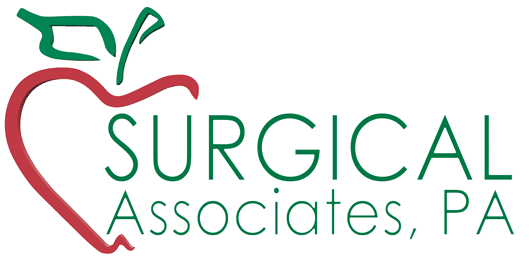You’ve probably arrived at this post because you or a loved one is considering a procedure to remove varicose veins. Well, we’re glad to have you here and ready to help set your mind at ease. Let’s begin by explaining what varicose veins are and then dive into whether it’s safe to have these veins removed.
What are varicose veins?
These are bulging, bluish veins that most often appear on the legs. They occur when blood pools in your veins, causing them to become enlarged. The situation is mostly due to valve failure in the veins. For many people, there’s a cosmetic concern, with varicose veins sometimes viewed as unattractive or even embarrassing. Additionally, they can cause discomfort and health issues such as pain, itchiness, and swelling.
With that background, let’s tackle the burning question on your mind.
Is it safe to have varicose veins removed?
Yes, it is safe to have varicose veins removed. The procedures are typically minimally invasive and carry a low risk of complications. However, like all medical procedures, it is crucial to discuss your personal health history and potential risks with your healthcare provider.
Now, let’s delve into the various treatment options.
Treatment Options for Varicose Vein Removal
Several common treatment options for varicose veins exist. They include:
- Conservative management: This generally involves lifestyle modifications such as weight control, leg elevation, and using compression stockings to increase venous blood flow.
- Sclerotherapy: This minimally invasive procedure involves injecting a special solution into the varicose veins to cause them to collapse and gradually dissolve.
- Endovenous thermal ablation: Utilizing heat generated by a laser or radiofrequency, this treatment aims to seal off the varicose vein.
- Microphlebectomy: A surgical procedure that removes varicose veins through small incisions in the skin.
- Endovenous mechanochemical ablation: A minimally-invasive technique that combines the delivery of a drug with a mechanical device to close varicose veins.
- Venaseal: Known as a “vein glue,” this procedure involves the use of a special adhesive to seal off varicose veins.
Remember, the best treatment option for you will depend largely on your specific condition and your healthcare provider’s expertise.
What Makes Varicose Vein Removal Safe?
The safety of varicose vein treatment starts with its minimally invasive nature. Unlike procedures of the past, current surgical techniques for varicose vein removal typically involve small incisions, local anesthesia, and outpatient settings. Additionally, they are guided by ultra-modern imaging technology to minimize harm to surrounding tissues.
Further, qualified and experienced surgeons at Surgical Associates make the procedure even safer. Our team has specialized training and is dedicated to the utmost patient safety and comfort during and after varicose vein treatment.
Conclusion
So, if you’re distressed by the discomfort or appearance of varicose veins, rest assured: removal is a safe and common procedure. Apprehensions are natural, but our team at Surgical Associates is dedicated to making your path to recovery as clear, simple and worry-free as possible.


